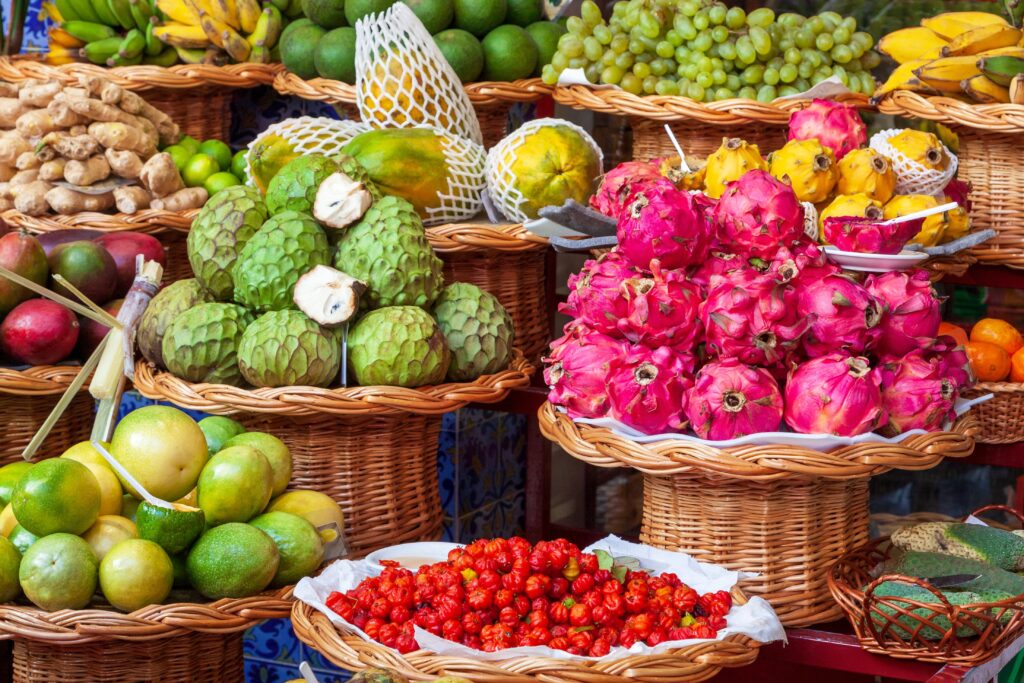
Traditional Greek Island Life: What Locals Want You to Know
While millions flock to the Greek islands each summer in search of sunsets, beaches, and ouzo-fuelled evenings, there’s another side to island life — one that unfolds slowly, seasonally, and with deep cultural roots. For many locals, the Greek islands aren’t just a holiday spot — they’re a way of life shaped by the sea, the seasons, and strong community bonds. This article offers an insider’s look into what it really means to live on a Greek island, and what locals wish more visitors understood.
Outline
- It’s Not Always About Summer
- Community Comes First
- The Rhythm of the Day Matters
- Faith and Tradition Are Still Strong
- Food Is Fresh, Seasonal — and Shared
- Tourism Brings Both Blessings and Challenges
- How to Travel More Like a Local
- Final Thoughts: Hospitality, Heart & Honesty
It’s Not Always About Summer
For locals, the islands exist long before and after the holiday crowds.
- Winters are quiet, and often harsh — especially on smaller islands
- Many residents live a dual rhythm: bustling summers, restful winters
- Seasonal work is common — fishing, farming, or running family tavernas
“We don’t live in a postcard,” as one islander says. “We live in the weather.”
Community Comes First
Life on the islands is deeply communal.
- Everyone knows everyone — and their family
- Weddings, baptisms, and feast days involve the entire village
- Support systems are informal but incredibly strong
It’s not unusual for neighbours to drop off olive oil, homegrown tomatoes, or gossip — all before breakfast.
The Rhythm of the Day Matters
Life on the islands doesn’t run on Western clocks — it runs on sunlight, heat, and tradition.
Daily Life Flow:
- Early mornings: farming, fishing, errands
- Midday: siesta (yes, really — especially in summer!)
- Late afternoons: reopening of shops, socialising
- Evenings: long dinners, often ending well past midnight
Trying to rush is pointless. Everything happens in its time.
Faith and Tradition Are Still Strong
The Orthodox Church remains a pillar of island identity.
- Tiny chapels dot the hills and harbours
- Saints’ feast days are local holidays, often with processions and food
- Many islanders observe religious fasting periods
- Icon corners are found in most homes
Even non-religious locals often follow traditional rhythms tied to the church calendar.

Food Is Fresh, Seasonal — and Shared
Forget supermarket chains. On the islands, food is often:
- Grown in your garden
- Caught from the sea that morning
- Traded or gifted among neighbours
Traditional staples include:
- Fresh greens (horta), cooked simply with lemon and olive oil
- Wild herbs foraged from the hills
- Goat’s milk cheese, lentils, chickpeas, olives and tomatoes
- Wood-fired bread and homemade wine
“If you eat alone, you’re doing it wrong,” as a local might say.
Tourism Brings Both Blessings and Challenges
Locals are proud to share their home — but summer isn’t easy.
- Prices rise — for locals, too
- Some traditions get “performed” rather than lived
- Infrastructure strains under visitor numbers
- Many fear younger generations leaving or losing local dialects and skills
Islanders want you to come — but they also want you to understand.
How to Travel More Like a Local
If you want to experience real Greek island life, here’s what locals suggest:
Do:
- Learn a few words of Greek (even “Kalimera” goes a long way)
- Eat where locals eat — try the taverna with no English menu
- Ask before taking photos in villages
- Dress respectfully near churches or monasteries
- Visit in spring or autumn — or even winter!
Don’t:
- Assume everyone is in the tourism industry
- Bargain aggressively at family-run businesses
- Play loud music at the beach — locals value peace and quiet
- Ignore local customs during religious holidays or festivals
It’s not about “going local” — it’s about being present and respectful.
Final Thoughts: Hospitality, Heart & Honesty
Greek island life is built on three things: philoxenia (love of strangers), time (used differently), and deep cultural roots.
“We don’t just welcome guests — we treat them like family,” one island grandmother said. “But we also hope they see us as more than a background to their holiday.”
So next time you visit a Greek island, look beyond the sunbed. Watch the grandfathers playing backgammon in the shade. Listen to the church bells. Taste the tomatoes from someone’s backyard.
Because the real magic of the Greek islands isn’t in the views — it’s in the people.